Khánh Hòa is one of the key localities in marine farming, however, the problem of environmental pollution around the farming area is getting more and more severe, especially plastic waste.
In Cam Ranh City, there are tens of thousands of cages for lobster and marine fish farming. However, at present, this area is surrounded by garbage, especially plastic waste, plastic bags. According to the aquaculture farmers here, plastic waste is partly thrown by farmers into the sea and a large part is plastic waste drifting down from the shore…
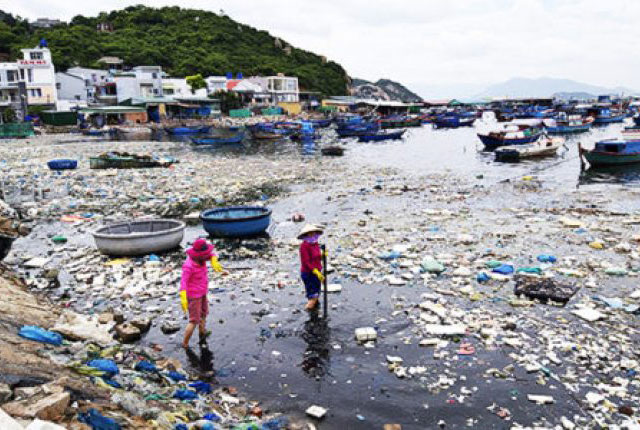
In Vạn Ninh district, there are nearly 40,000 aquaculture cages, of which 80% raise shrimp, 20% raise marine fish of all kinds. It is estimated that 1 cage of large commercial lobster consumes over 2.5 kg of fresh feed/day, 1 cage of 3 – 4 kg of cobia consumes more than 6 kg of fresh feed/day. With such food, there will be a very large number of plastic bags contained. At present, many farming households have consciously collected trash by themselves, however, there are still some households discharging them directly into the sea, causing loss of landscape and obstructing water flow…
The representative of Khánh Hòa Fisheries Department said that, next time, in addition to coordinating with coastal localities to propagate for aquaculture farmers to limit plastic waste, the Department will advise the Department of Agriculture and Rural Development on pilot construction. plastic waste management models in aquaculture production in general and aquaculture in particular. Along with that, to limit diseases with farmed aquatic products, people need to preserve the environment of the farming area well, organize the collection of plastic waste on the shore for treatment. Currently, in some farming areas, people have collected waste by themselves to bring them to the gathering point, then transported to the shore for treatment; farmers voluntarily contribute funds to collect and transport leftovers and waste to the shore.
Source: vietfishmagazine.com
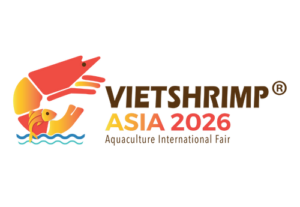
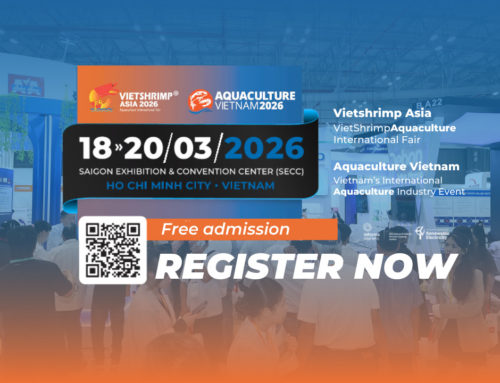
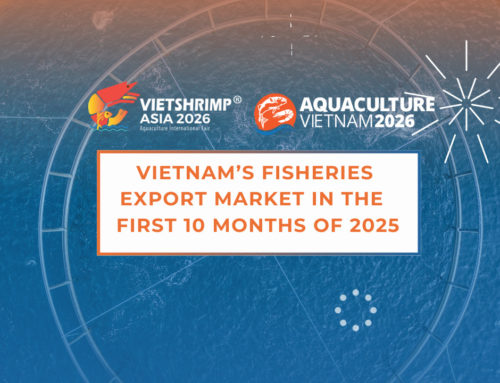
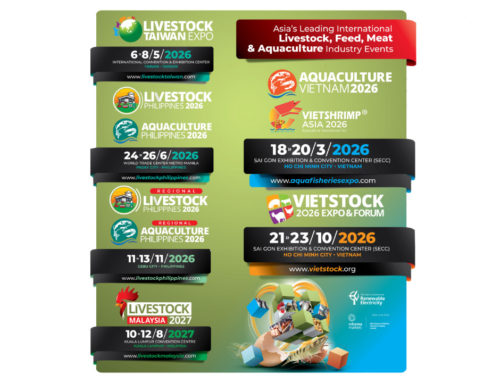
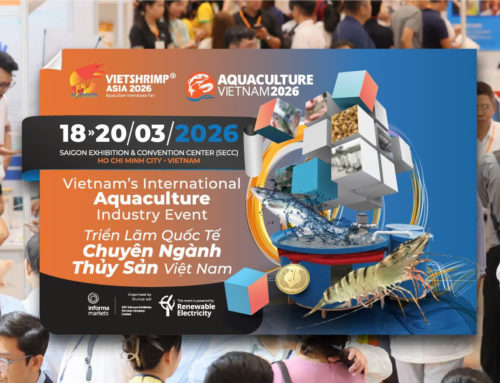
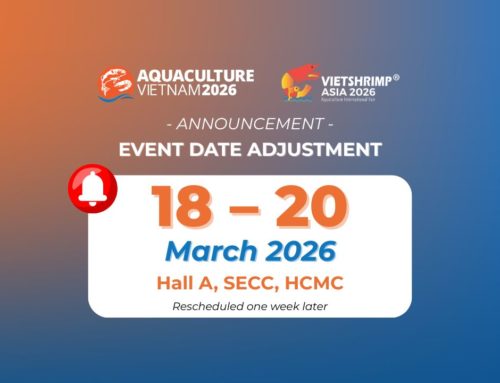

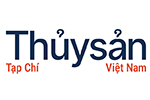
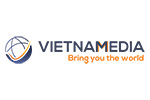


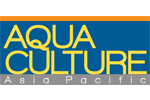
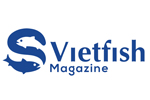
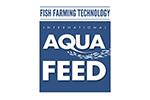
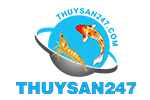

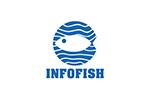
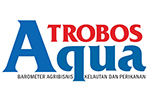


Để lại một bình luận